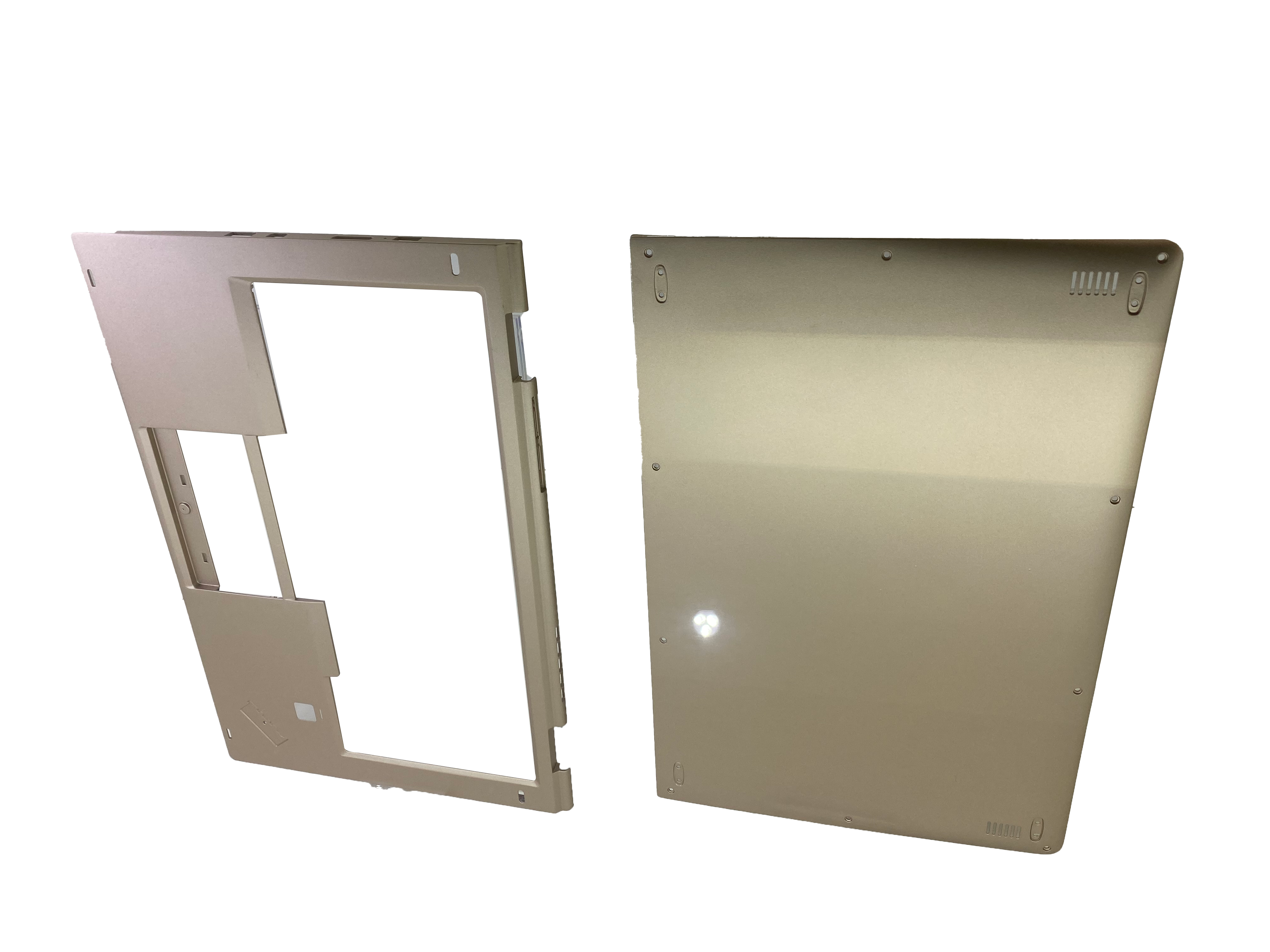E-mail formátum hiba
emailCannotEmpty
emailDoesExist
pwdLetterLimtTip
inconsistentPwd
pwdLetterLimtTip
inconsistentPwd

hírek
How to Deal With Small Shrinkage Holes on the Surface of Aluminum Alloy Die Castings

Aluminum alloy die castings themselves have hard points:
One is that after the raw materials of aluminum alloy die-casting parts have been quenched and tempered, the organizational structure has undergone a certain transformation, and its structural components have fine hard particles. The existence of the hard particles causes a change in the relative density of the drilling surface. There are certain hazards for drilling production and processing. And when this kind of subtle mechanism change is encountered in the whole process of external drilling, the sharpness and passivation of the CNC blade edge immediately differs in the whole process of cutting;
The second is that there are particles or lumps with higher strength than the base material in the aluminum alloy die casting. Such welding defects are called "miscellaneous". The reason for this is that the aluminum alloy has infiltrated or dissolved metal or non-metallic material particles that are harder than the base metal material, such as aluminum oxide, titanium trialuminide, etc. The material of the aluminum alloy die casting is different according to the model of the aluminum alloy profile. The difference in the structural composition leads to the difference in the relative density of the surface layer, and the adhesion between the hard particles and the base material is reduced, so the aluminum alloy die casting with a relatively low relative density is caused. It is usually very easy for the hard particles to be "emptied" and produce "micro shrinkage" in the case of sharp edge production and processing.
What are the advantages of metal casting?
In the rare metal forging process generally used by everyone. Metal mold casting is widely used by many companies due to its many advantages. Due to the castings produced by metal material, their physical properties are higher than those of sand mold castings. The same aluminum alloy, the average compressive strength of aluminum alloy die castings can be increased by about 25%, the average tensile strength can be increased by about 20%, and its corrosion resistance and strength are also significantly improved; the second is the precision of aluminum alloy die castings. And the surface smoothness is higher than that of sand mold castings, and the quality and specifications are stable; in addition, the processing yield of castings is low, the consumption of liquid metal is less, and generally 15-30% can be saved; there is no need for sand or less use Sand can generally save 80-100% of raw materials for modeling design; in addition, the production and manufacturing efficiency of metal mold casting is high: it reduces the defects caused by castings; the process flow is simple, and it is easy to complete mechanical automation and automation technology.
Although there are many advantages, it is not enough. The precision of aluminum alloy castings with thick and large cross-sections still cannot reach the ideal level. Therefore, the customer must spare some output to solve the next process. If it is a lot of production Manufacturing, its economic development loss is enormous. For many years, we have been aiming to do some articles on improving the precision of metal mold casting, and how to improve the precision level of aluminum alloy castings with thick and severe blood.
The machine equipment opposite to the solid model has developed from only one simple die casting machine to several fully automatic, tiltable casting open and closed die casting machines. Having a good horse, a good saddle, frequent quality education and training for the actual operating staff, applied scientific research, and effective practical operation and processing technology will eventually make me complete the ideal of improving the precision of large and medium-sized rare metal castings.
Conclusion
For more information about die casting car parts,die casting process types,die casting mold cooling system, we are glad to answer for you.

